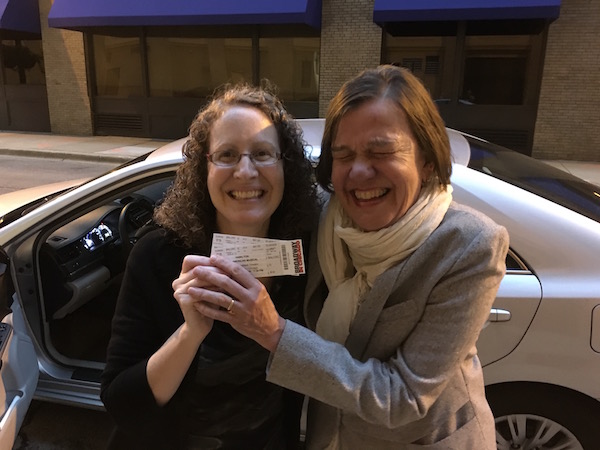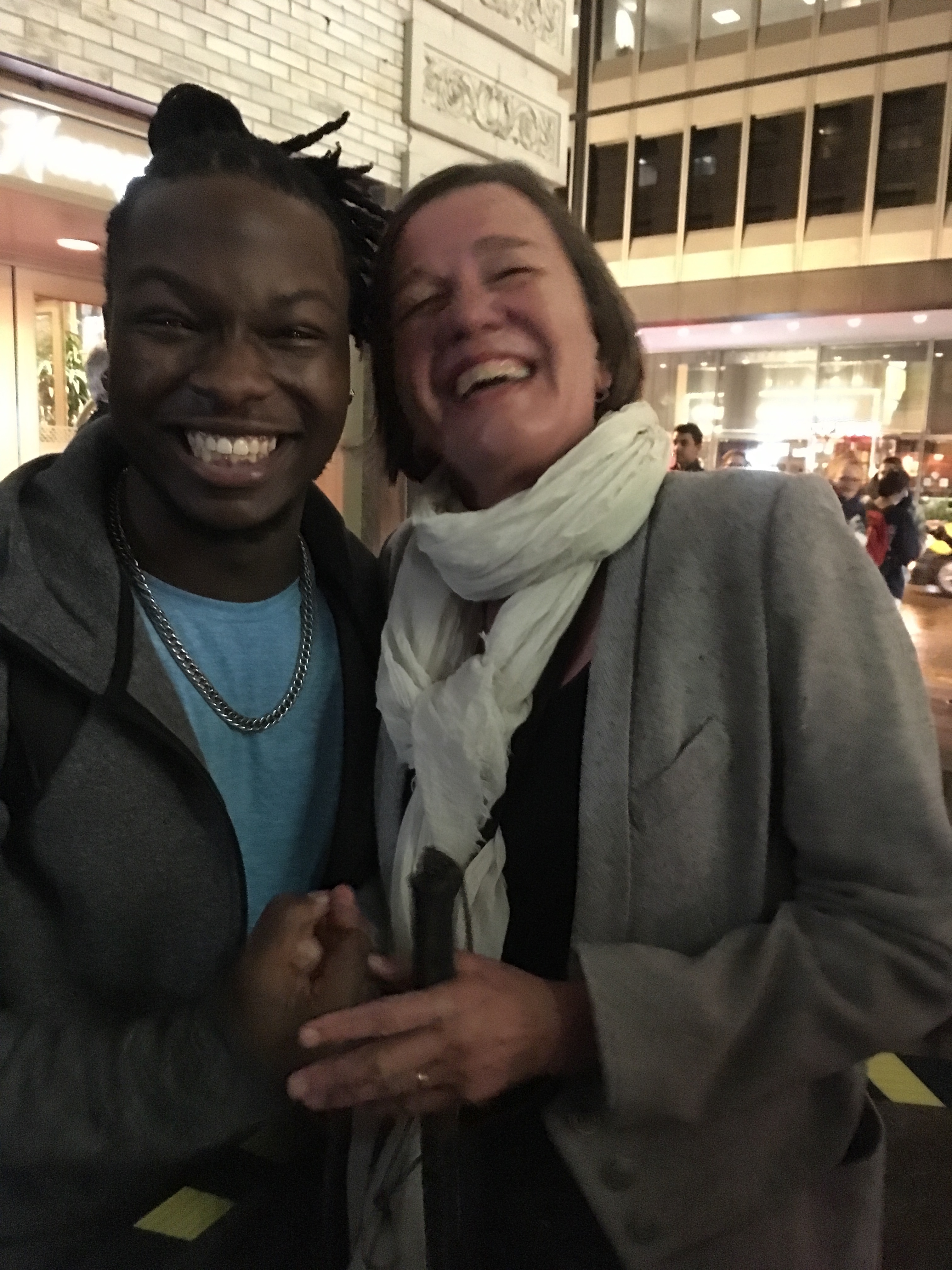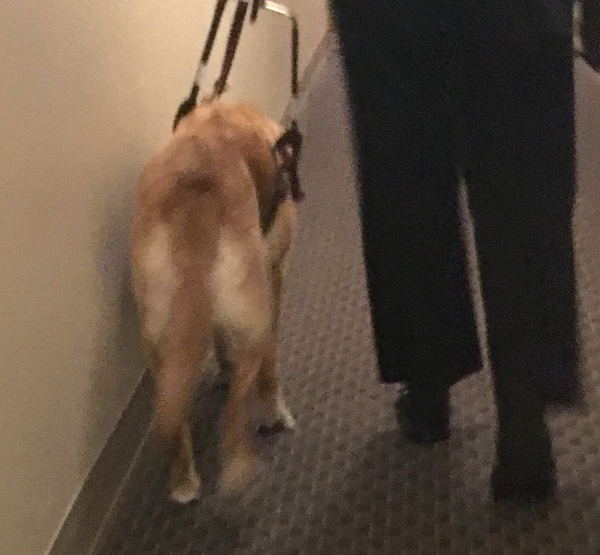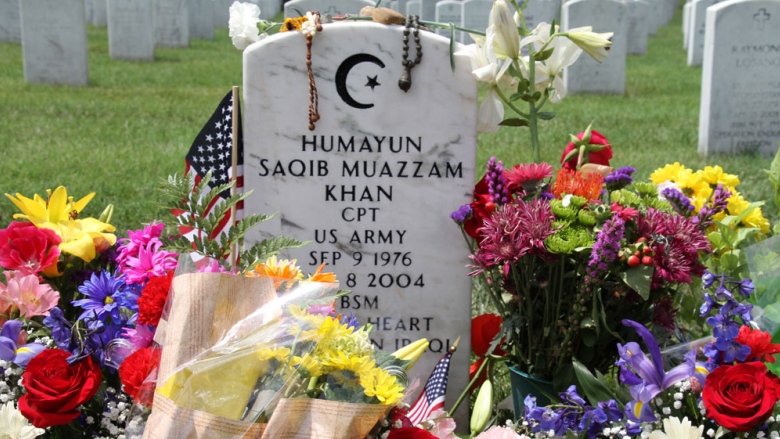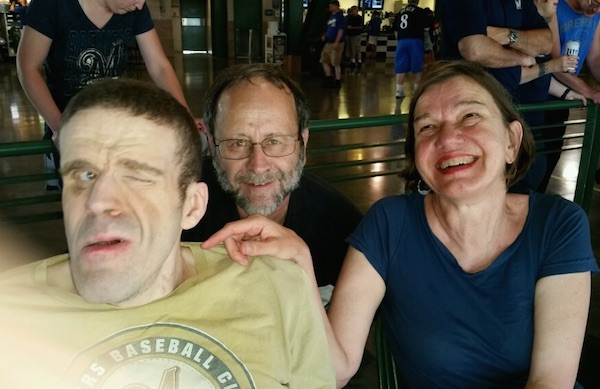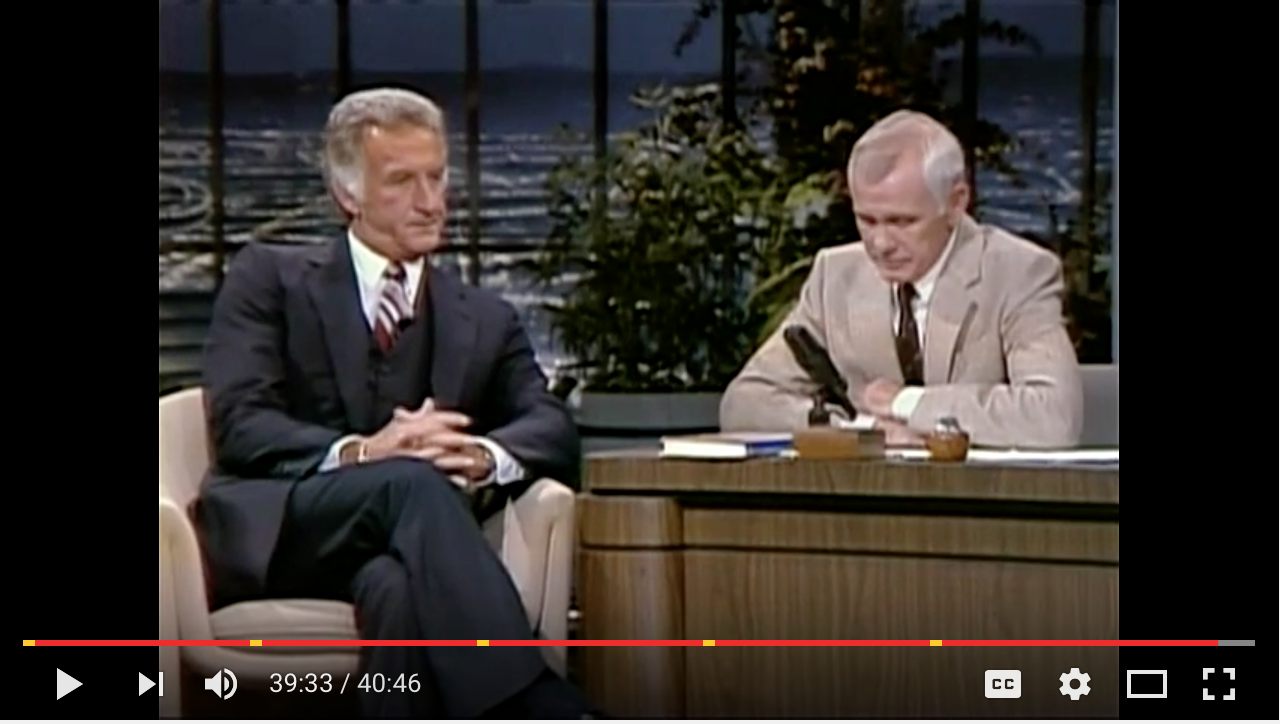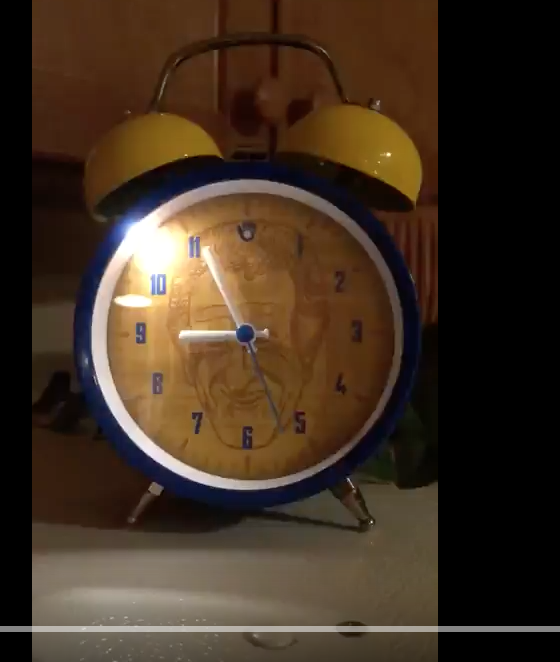Mondays with Mike: Transition team
November 14, 2016 • 7 Comments • Posted in Mike Knezovich, Mondays with Mike, UncategorizedWith all the ugliness and unrest and uncertainty and holy-shit-what-just happened/Armageddon is near, it seems like a good time for another road trip as a diversion.
Luckily, Beth and I have had one planned for months. We’re headed to the belly of the beast, Washington, D.C., for the wedding of my Kum Joe.
In oversimplified terms, Kum is the Serbian Orthodox word for godson. Regular readers may remember my account of Joe’s sister Sasha’s wedding last year in Philadelphia—Sasha is my Kuma.
Besides the wedding, we’ll see our friends Pick and Hank, and we’ll make a stop to have dinner with Michael and Susi. I met them via Pick, who generously introduced me to his world of friends when I was a newcomer to D.C. back in the day.
At the time, Pick hadn’t met Hank, I hadn’t met Beth, and Pick and I were roommates on the first floor of an Arlington, Va., apartment building. Michael and Susi lived upstairs. We were all on the front end of adulthood, and the four of us had some awfully good times hosting each other for dinner. And there was driving, motorcycling and camping along Skyline Drive and surrounding points. We also shared a lot of great live music experiences, not to mention, well, a lot of good times.
My friend Michael and I couldn’t be more different in terms of background. He was from the small-town South and his people had been around forever by my measure. My parents were first generation Americans, and I grew up in a suburb just south of Chicago where people either worked in the steel mills to the east or office buildings to the north. He had a religious upbringing, I did not.
I think those differences have always been a big part of what we find interesting about one another.
I learned during the early 1980s that Michael and I also diverged when it came to politics and moreover, the philosophies behind what we believed. We had our combative moments, but I’ve always treasured friends who are smart, thoughtful, and articulate—whether or not they agree with my politics.
A lot’s happened since those days. Kids, careers, crises—and Michael and I managed to continue our sometimes contentious but always respectful conversations. That is, until a few months ago in this ugly, horrible, drawn-out election campaign. All via some stupid-ass text messages. He infuriated me, I infuriated him, we each wanted to be the last infuriator.
And then something happened. We each came to our senses. I can’t speak for Michael, but the question for me was, did my thoughts about the election and the candidates outweigh the importance of my friendship with Michael?
I can tell you, there are people out there about whom I can answer “yes” in a heartbeat. (And have.)
But not Michael. So we got on the phone. In simple terms we made clear to one another that whatever happened, our friendship was more important.
Which was a relief, and in a small way, a proud moment when you think you’ve actually grown up at 59 years old.
But one thing lacked for months: Our way of dealing with the flare-up was to just not talk about it. We disciplined ourselves by withdrawing that privilege. And I think we both lost out for that.
Last month Michael was in town for business. Beth and I met him for brunch. A couple days before he came to town, he told me about a book he’d read called “Hillbilly Elegy.”
“Have you read it?” he asked.
I said no, but I’d read good things about it.
Mike brought it with him. He proceeded to tell us about the similarities between his own and author J.D. Vance’s backgrounds. And the gratitude they both held for having had key figures in their lives that shined the light on a world they’d never have otherwise known.
He loaned it to me. I read it and loved it. I don’t agree with all of Vance’s analysis and conclusions, but he’s a great storyteller and a person I’d love to talk with sometime. A little background: J.D. Vance is from a family that migrated from Appalachian Kentucky to southern Ohio. They were strangers in a strange land, but mostly the factory jobs made for good lives. Until they didn’t, and things went sour.
Vance had a successful stint in the Marines, and eventually graduated from Ohio State University (sorry, never using The), and eventually Yale Law. He describes the plight of many of those who didn’t have his advantages, and it ain’t pretty. Lots of poverty, drug addiction, and general dolor. All this continuing, right now—in Middle Ohio and elsewhere.
Over brunch, Michael—who’s had an enormously successful business career—said he’d likely be in a different place but for a few people who helped make sure he didn’t. And he pondered out loud, “I think there are some people in these places that never see that there is any other way of life. How do you provide that?”
I agreed. And then Mike wondered out loud, “What government policy can provide that?:
I didn’t have an answer.
But I was reminded that my old friend wants people to have what he had, and wants to do right, just the same as I do. We probably will always disagree on what and how much the government can do.
I’m looking forward to returning the book this week, and to having more conversations about such things with Michael. I always learn something, and I like to think he does, too.
P.S. Here’s another, shorter read in the Harvard Business Review that is in keeping with Vance’s book. The article’s entitled What So Many People Get Wrong about the Working Class, by Joan C. Williams. It’s not pedantic, and it’s not condescending, but it’s very insightful.

